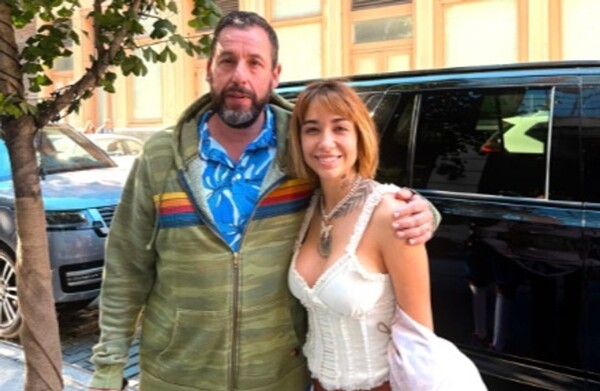
Singularity manifests itself in difference, according to Jorge Forbes. There are no universal models of happiness, and singularity lies in the most intimate and unique desires of each individual. Often, it is difficult to recognize it due to the pressure to adapt to prefabricated conventions, which prevents the full realization of singularity in life.
"A certain reading of human problems can be interpreted as the result of lives disconnected from their singularity, subjected to generic versions of life and happiness that do not reflect what each individual truly seeks and desires," Forbes states. However, sooner or later, each person will feel the desire to be true to themselves and embark on a journey towards a unique version of happiness, marking the beginning of a true change in life.
Freud argued that to subjectify is to make one's own what has been inherited, adding a singular touch to what culture offers. Although culture provides references and organizers of existence, they tend to be neutral and generic, applicable to large population groups, which excludes the singularity of each individual. People who wish to follow these references can easily adapt, but they will never feel that they completely fit in, as they do not reflect their internal singularity.
The search for singularity is a theme that appears in every area where humans interact, from family to work, including school or hospital. These environments promote a specific anthropological and moral profile that fails to encompass the singularity of each individual, which can lead to a sense of alienation in some individuals.














